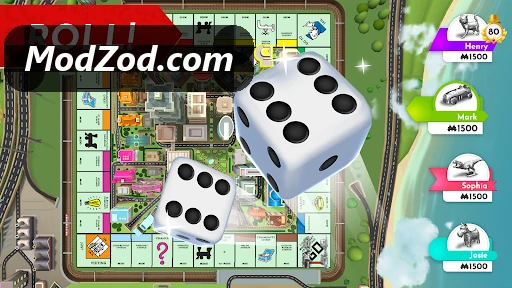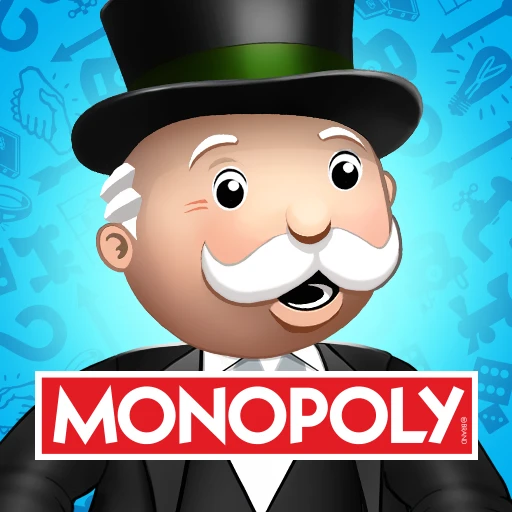Monopoly is a classic board game that has entertained families and friends for generations. This beloved game, known for its strategic play and enduring charm, invites players to buy, trade, and build properties to become the wealthiest player. In this article, we’ll explore the fascinating world of Monopoly, offering insights and strategies for players of all ages.

The History of Monopoly
The journey of Monopoly began in the early 1900s. Although Charles Darrow is often credited with its popularity, the game’s roots trace back to an earlier version called “The Landlord’s Game,” patented by Elizabeth Magie in 1904. Magie designed her game to illustrate the economic consequences of land monopolization. However, it wasn’t until the 1930s that Monopoly, as we know it today, was published by Parker Brothers and quickly became a household favorite.
 [related]
[related]
Basic Rules of Monopoly
Monopoly is a game of luck and strategy, typically played by two to eight players. Here’s a quick overview of the rules:
- Set Up: Players choose their tokens and receive $1,500 in play money.
- Gameplay: Players take turns rolling two six-sided dice to move around the board.
- Purchasing Properties: Players can buy unowned properties when they land on them.
- Paying Rent: Landing on a property owned by another player requires paying rent.
- Building Houses and Hotels: Players can build houses and hotels on properties to increase rent.
- Winning the Game: The goal is to bankrupt opponents by owning a monopoly of properties.
Tips for Becoming a Monopoly Master
Winning Monopoly requires a blend of strategy and luck. Here are some tips to enhance your gameplay:
1. Understand the Board
Knowing the layout of the board is essential. Prioritize buying the Orange and Red properties, often considered the most lucrative due to their high traffic from Community Chest and Chance spaces.
2. Build Wisely
Once you own a complete color set, start by building houses. It’s more cost-effective to have three houses on each property within a color set before upgrading to hotels.
3. Manage Your Money
Keep a reserve of cash to handle unexpected expenses, such as landing on someone else’s hotel or paying fines. It’s crucial not to deplete your funds entirely, as liquidity is key in Monopoly.
4. Negotiate Smartly
Trading properties can be an excellent strategy. Always aim for trades that give you a color set while ensuring your opponents don’t get a strong advantage. Be willing to negotiate and think strategically about your deals.
- Tip: Use trades to your advantage, but avoid giving your opponent the chance to complete a powerful color set.
Variations and Editions
Monopoly has evolved over the years, resulting in countless editions and variations. Themes range from locations, like Monopoly: New York City Edition, to pop culture phenomena, such as Monopoly: Star Wars Edition. Additionally, electronic versions of Monopoly allow for digital play, offering a fun alternative to the board game.
Monopoly’s Impact on Culture
Monopoly’s influence extends beyond mere entertainment. It has sparked discussions about real estate economics, capitalism, and strategy. The game’s emphasis on negotiation, money management, and tactical thinking provides players with valuable life lessons.
“Monopoly has not only entertained people across the world but also taught valuable economic lessons over the decades.”
Conclusion: The Timeless Appeal of Monopoly
Monopoly continues to be a favorite among players of all ages. Its combination of strategy, luck, and interaction makes it enjoyable for both casual family get-togethers and intense competitive play. Whether you’re new to Monopoly or a seasoned player, the excitement of building an empire and competing to become the wealthiest player always brings joy.
If you haven’t played Monopoly yet, consider downloading a version that suits your style and get ready to embark on an exciting adventure in property trading and wealth accumulation.












